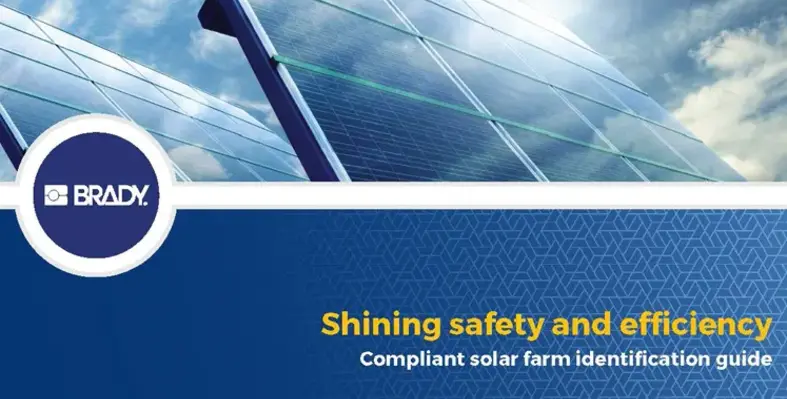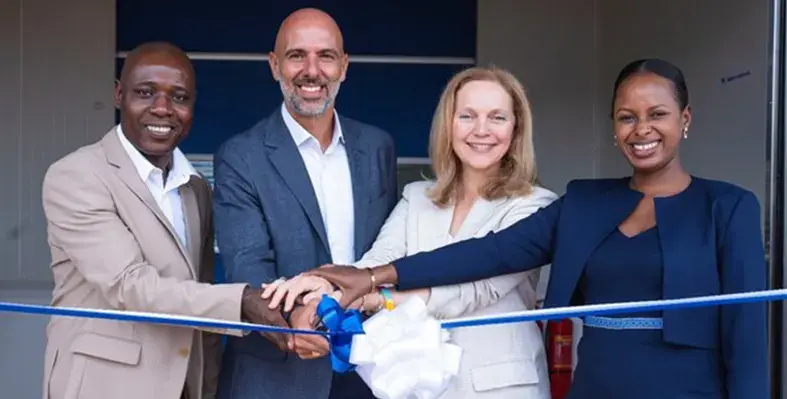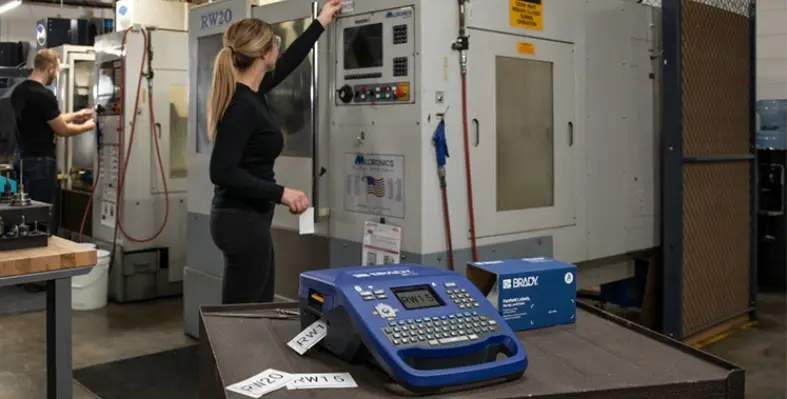
Polyester labels with extra-strong adhesive are used for production labels. (Image source: Brady)
A medium-sized manufacturing company, that supplies complex technologies and equipment for the food industry, faced various challenges while marking the units before they were delivered. Brady Corporation had a stellar solution
The company was looking for a way to simply and reliably mark all of the necessary elements. These included electrical markings in the switchboards, cable markings, production labels and technology markings with inscriptions, switch markings, and descriptions for pipes and other applications in health and safety.
These labels and tags had to be ordered separately, which not only brought considerable difficulties, but also a loss of time and money. Due to the inflexibility and additional planning this method required, the company decided to search for an alternative solution – a suitable and affordable universal printer with the ability to print a wide range of markings.
The customer considered various printers, but each candidate required a compromise to the scope of all of its printing requirements, in one form or another. In the end, the manufacturer decided on Brady’s M710 Label Printer, as it offers a wide range of printing options and allows you to easily mark virtually all components of technological equipment with a single device.
Watch the M710 in action >>
Flexibility, variability and reliability
One of the main reasons for choosing the M710 Label Printer model was its extensive flexibility. This printer allows printing on a wide range of materials, including electrical markings, cable markings, printing production labels, and pipe markings.
A brief list of the most commonly used materials includes heat-shrink tubing for electrical applications, as well as tags for marking cable bundles and thick cables. Polyester labels with extra-strong adhesive are used for production labels to maximise durability and permanence, while universal extra-resistant vinyl tapes are used for marking pipes, health and safety descriptions, and various sizes of labels on technologies.
The user was delighted with the wide range of consumables that the printer can use, as it can now virtually mark its entire technological assembly. The M710’s speed and built-in knife – for cutting finished labels – and the quick and easy replacement of consumables were also praised.
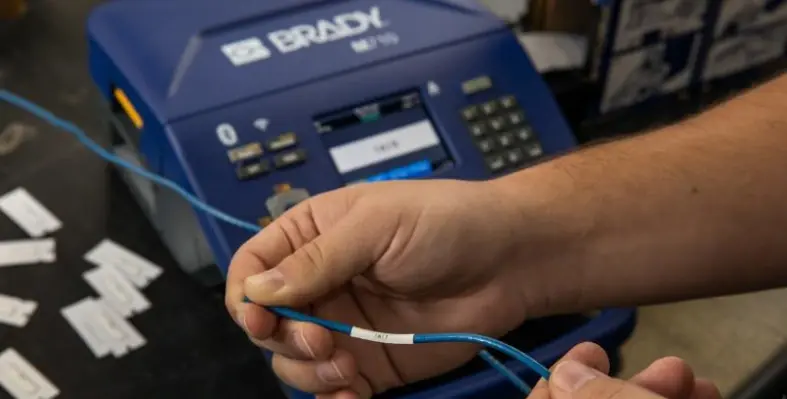 Other advantages that were welcomed include the printer’s high mechanical resistance in everyday use (it can withstand falls from a height of up to 1.2m) and its long battery life, allowing it to print up to 4,500 labels when fully charged (so it can be used anywhere at the installation site).
Other advantages that were welcomed include the printer’s high mechanical resistance in everyday use (it can withstand falls from a height of up to 1.2m) and its long battery life, allowing it to print up to 4,500 labels when fully charged (so it can be used anywhere at the installation site).
Labels can be created directly on the printer using the built-in keyboard, on a computer using the Brady Workstation programme, or on a smartphone using the simple Express Labels application. The finished data can then be sent via a cable, Wi-Fi, or Bluetooth to be printed. It can also be saved, shared, or used as a template for future label designs.
Thanks to the powerful battery, the printer can be used anywhere at the installation site, without the need for power supply on site. The practical handle provides easy portability, and the standard hard case ensures maximum protection of the device during transport.
A reliable assistant that brings many benefits
“The M710 is a truly versatile assistant. Thanks to it, we don’t have to order labels and tags in advance, we just mark any new machine in our workshop before it’s finished. Since we already have the printer here, we marked all the inventory and shelves with racks in the warehouse. Our operations technician even used it to create navigation markings in the operation and on the floors,” said the company’s workshop manager.
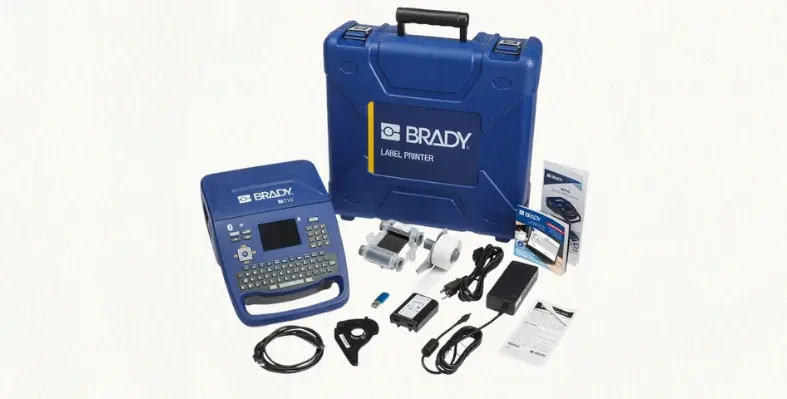 It is easy to understand why Brady’s M710 Label Printer has gained so many satisfied users who appreciate its simplicity, reliability, and flexibility.
It is easy to understand why Brady’s M710 Label Printer has gained so many satisfied users who appreciate its simplicity, reliability, and flexibility.
Watch the M710 in action here, or contact Brady’s South African experts for a live demonstration to see how it can change your industrial processes for the better.
Interested in DIY label- and sign-making? Download the free brochure >>
Find out more about portable label printers from Brady >>








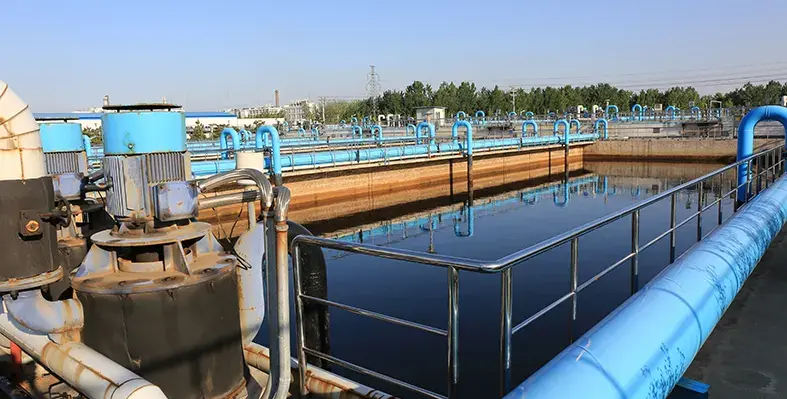

 Other advantages that were welcomed include the printer’s high mechanical resistance in everyday use (it can withstand falls from a height of up to 1.2m) and its long battery life, allowing it to print up to 4,500 labels when fully charged (so it can be used anywhere at the installation site).
Other advantages that were welcomed include the printer’s high mechanical resistance in everyday use (it can withstand falls from a height of up to 1.2m) and its long battery life, allowing it to print up to 4,500 labels when fully charged (so it can be used anywhere at the installation site). It is easy to understand why Brady’s
It is easy to understand why Brady’s 

